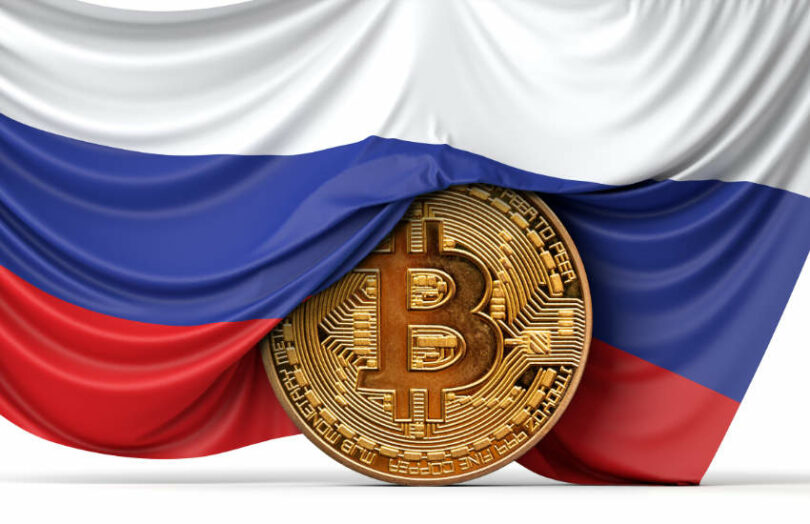Rosbank, one of Russia’s major banks, is launching a facility enabling importers to settle transactions using crypto. While the Bank of Russia does not support the use of crypto within Russia for such payments, the Rosbank solution uses a startup crypto firm B-crypto to buy the crypto outside Russia and pass it on to the foreign supplier. Hence it claims to be regulatory compliant.
Legislation is currently in progress to update digital asset rules so they can be used for cross border payments. However, this relates to digital financial assets (DFA), not cryptocurrencies. DFA assets are tokenized real world assets such as metals or trade credit assets.
There’s a connection between the crypto initiative and the legislation in progress. Rosbank was a subsidiary of Societe Generale until it was divested following Russia’s invasion of Ukraine. Now it is owned by an entity controlled by Vladimir Potanin.
He also controls the metals firm Nornickel which started Atomyze, the first Russian firm to tokenize metal assets as a digital financial asset last year. Atomyze has been working on the metal tokenization concept since 2020. The sooner the legislation is passed, the sooner the metal tokens will be used for cross border payments.
One view is the processes that Rosbank is going through for crypto might have some overlap with using tokenized metal assets and give it a head start.
According to Vedomusti, a foreign goods supplier has to specify in the contract that it supports such payments and provides a crypto wallet. Once there’s a signed contrast, the importer and B-crypto sign an agreement, and the customer deposits money at Rosbank and sends an instruction to buy crypto.
The bank sends the money to B-crypto, which then buys crypto from a foreign crypto exchange in a friendly country and transfers it to the supplier. The importer has to go through KYC with both the bank and B-crypto, which is still operating in pilot mode, having only been set up in late 2022.
In other related news, the draft legislation for Russia’s central bank digital currency (CBDC) was recently updated to allow foreign access. It views CBDC as another path to work around sanctions.






